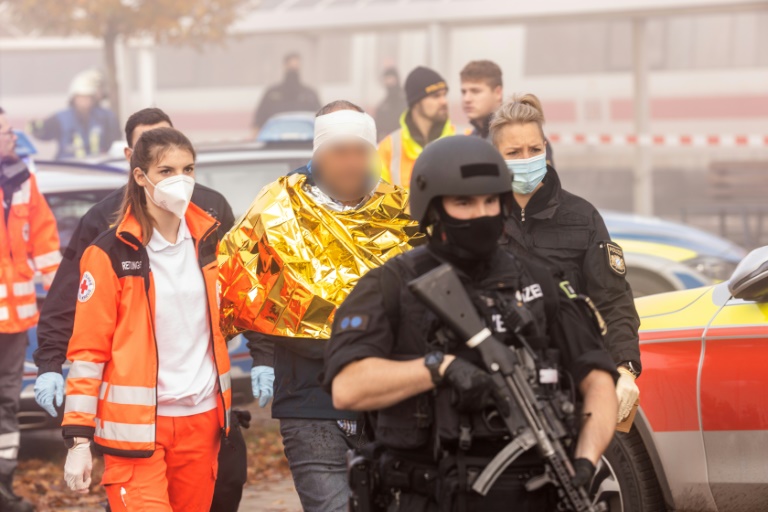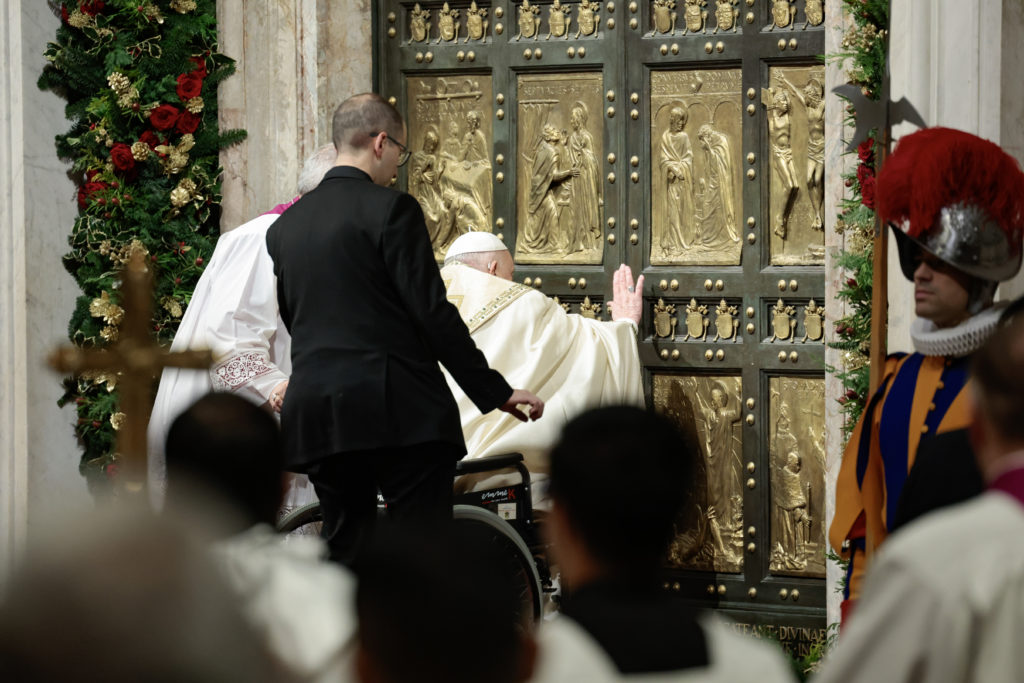Three people were wounded in a knife attack on a high-speed train in southern Germany on Saturday, local police said, adding a suspect had been arrested.
Officers said the danger was over and a 27-year-old man was in custody, with unconfirmed media reports claiming the suspect was of Syrian origin and suffered from psychiatric issues.
The motive for the attack on the passenger train, making its way from Bavaria to the northern city of Hamburg with roughly 300 people on board, was not yet clear.
Local prosecutors are handling the case rather than the federal officials who would deal with suspected terrorism.
The three victims were being treated in hospital, said police in Neumarkt in der Oberpfalz, adding that none had suffered life-threatening injuries.
– ‘Horrible’ attack –
The ICE high-speed train was halted in the station of Seubersdorf, southeast of Nuremberg, and travel on the line was suspended.
“This knife attack is horrible,” Interior Minister Horst Seehofer said on Twitter.
“I would like to thank everyone, especially the police and the train staff, for their brave action, which prevented something even worse from happening.
“The motive for the crime is still unclear and will now be determined.”
The attack took place at a tense time in Germany, which faces terror threats from jihadists and right-wing extremist groups.
Islamist suspects have committed several violent attacks in recent years, the deadliest being a truck rampage at a Berlin Christmas market in December 2016 that killed 12 people.
The Tunisian attacker, a failed asylum seeker, was a supporter of the Islamic State jihadist group.
– ‘Radical Islamists’ –
Seehofer said earlier this year that German authorities had foiled 23 attempted attacks since 2000.
“Germany and Western Europe are still in the sights of radical Islamists,” he warned at the time.
Since 2013, the number of Islamists considered dangerous in Germany has increased fivefold to 615, according to the interior ministry.
Several attacks or attempted attacks were carried out by asylum seekers who arrived in Germany during the 2015 migration crisis.
Chancellor Angela Merkel opened the country’s doors to some 900,000 asylum seekers.
German officials believe the attackers planned their acts alone, unlike some of the attacks in France in 2015 that were ordered by the Islamic State jihadist group.











